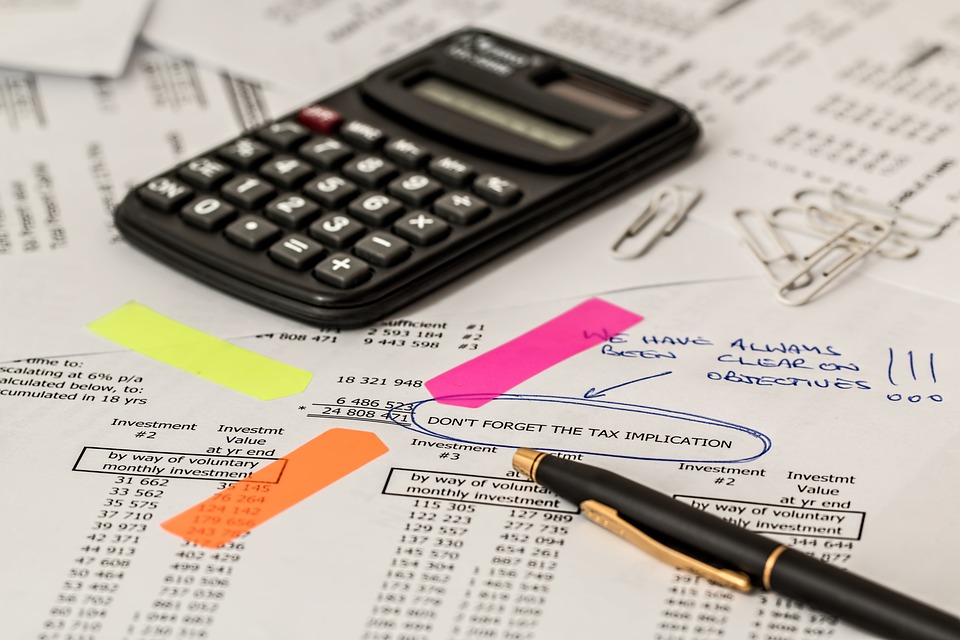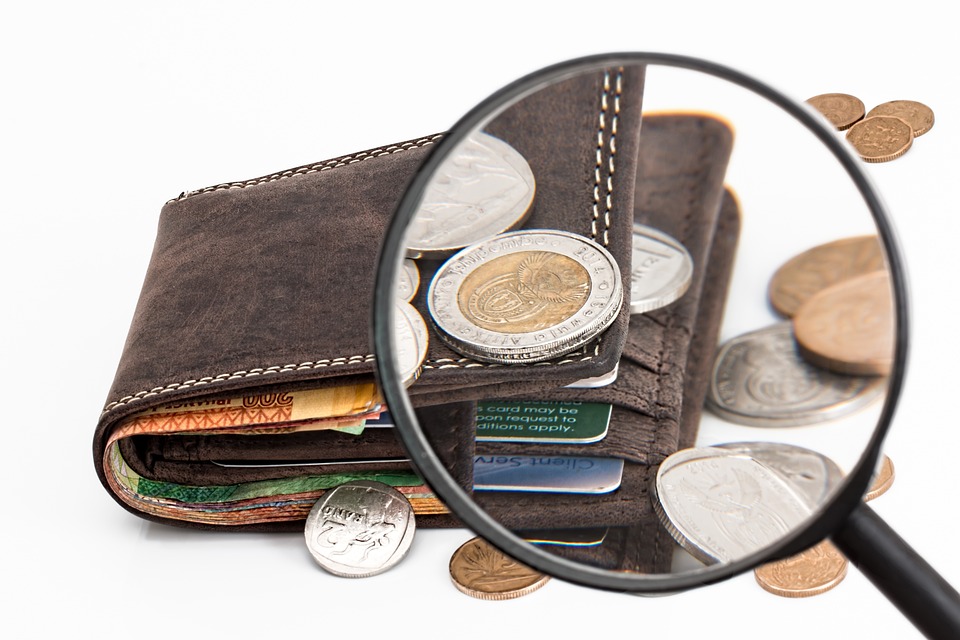
The True Cost of Traveling: A Comprehensive Guide
Traveling can be one of the most enriching and exciting experiences in life. However, it often comes with a price tag that can vary significantly based on a multitude of factors. Whether you’re planning a weekend getaway or a months-long globetrotting adventure, understanding and anticipating the costs involved is crucial for a stress-free experience. This comprehensive guide will break down the various expenses associated with travel, offering tips and insights to help you budget effectively.
1. Transportation: More Than Just Getting There
Transportation is typically one of the most substantial parts of a travel budget. It includes not just the cost of getting to your destination (flights, trains, buses) but also the expenses incurred moving around once you’re there.
Considerations:
- Flights: Airfare can vary dramatically. Use flight comparison tools and book in advance to get the best deals. Consider layovers and budget airlines for additional savings.
- Local Transportation: Research public transport options, and don’t underestimate the cost of taxis or ride-sharing services, especially in high-tourist areas.
2. Accommodation: Your Home Away from Home
After transportation, accommodation is typically the second-largest expense. Options range from budget hostels to luxury resorts.
Considerations:
- Type of Accommodation: Consider what’s important to you – location, amenities, privacy – and choose accordingly.
- Length of Stay: Long stays might get discounts. Services like Airbnb or VRBO can offer competitive rates for longer durations.
3. Food and Dining: The Flavor of Travel
Food costs can vary wildly depending on your destination and dining preferences.
Considerations:
- Self-Catering: If your accommodation has a kitchen, cooking some meals can save money.
- Local Cuisine: Often cheaper than tourist-oriented restaurants. Street food is a budget-friendly way to experience local flavors.
- Splurging: Plan for a few special meals but remember that they can quickly inflate your budget.
4. Activities and Entertainment: The Soul of Your Trip
The cost of activities and entertainment can add up. Whether it’s museum tickets, guided tours, or outdoor adventures, these experiences define your travel.
Considerations:
- Prioritize: Choose activities that are most important to you and align with your budget.
- Look for Deals: Many destinations offer city tourism cards that provide discounts or free entry to numerous attractions.
5. Miscellaneous Expenses: The Devil in the Details
It’s the small things that often go overlooked when budgeting for a trip. These can include:
- Travel Insurance: An essential that can save you from unforeseen expenses due to cancellations, medical emergencies, or lost baggage.
- Connectivity: Costs for SIM cards, data plans, or Wi-Fi access.
- Souvenirs and Shopping: Easy to overlook, but these expenses can add up.
6. Preparing for the Unexpected: The Emergency Fund
Always set aside a portion of your budget for unexpected expenses. Whether it’s a missed connection, a lost item that needs replacing, or an unplanned medical expense, having a financial cushion can be a lifesaver.
Conclusion
The cost of traveling encompasses far more than just the price of a plane ticket to your destination. It involves careful consideration and management of various expenses, from accommodation and local transport to food, activities, and unexpected contingencies. By understanding and planning for these costs, you can set a realistic budget that allows you to enjoy your journey without financial stress. Remember, the goal of travel is not to spend the least amount of money, but to spend your money in a way that gives you the greatest joy and fulfillment. Happy travels!

















